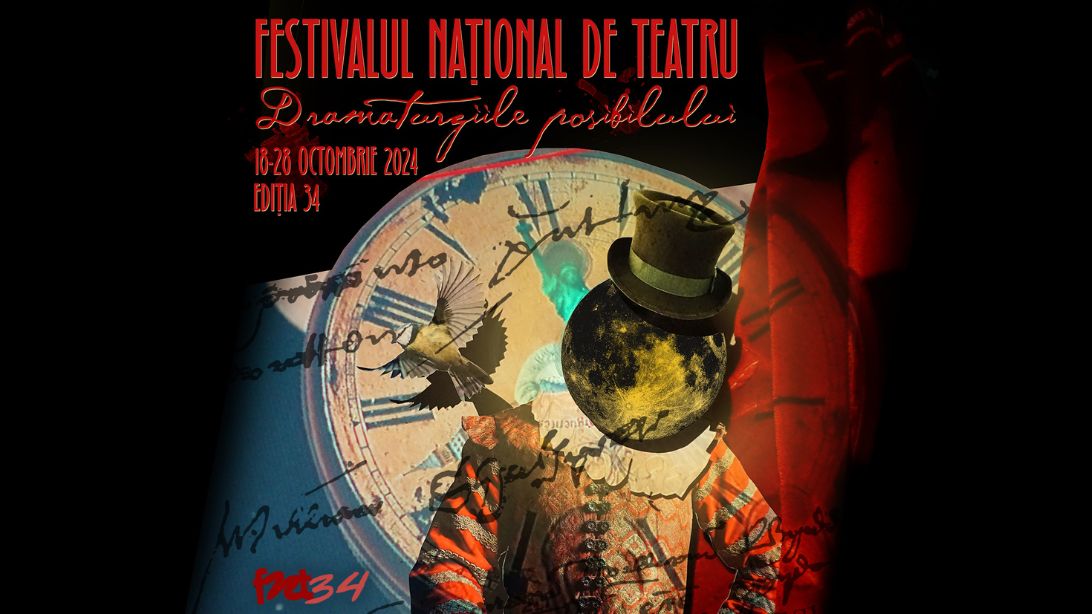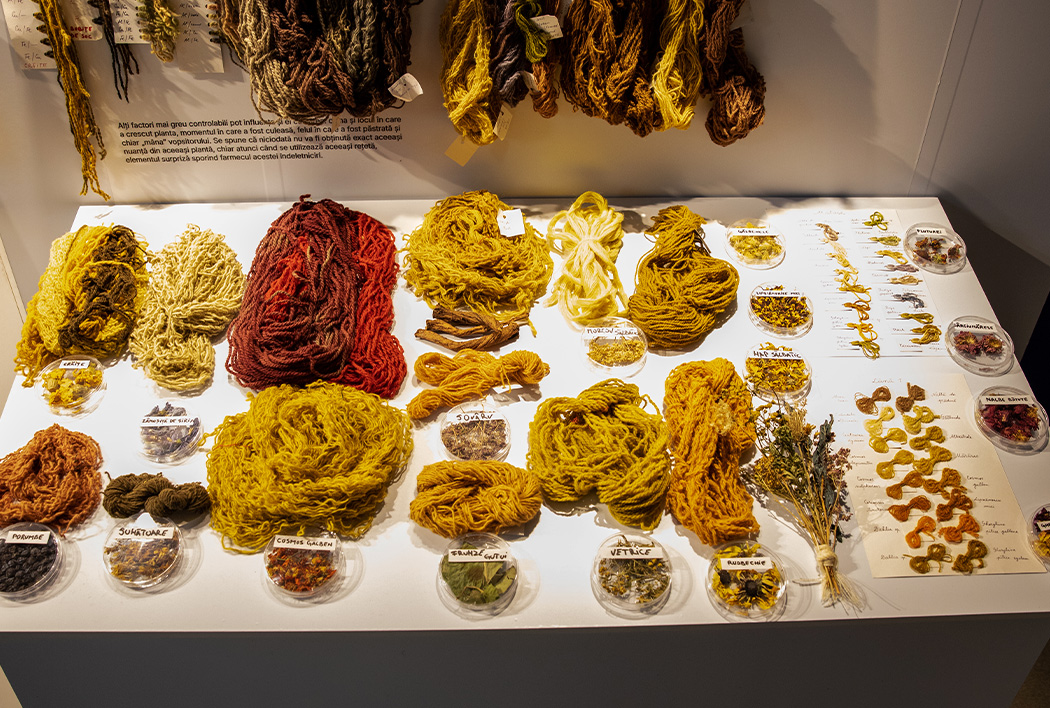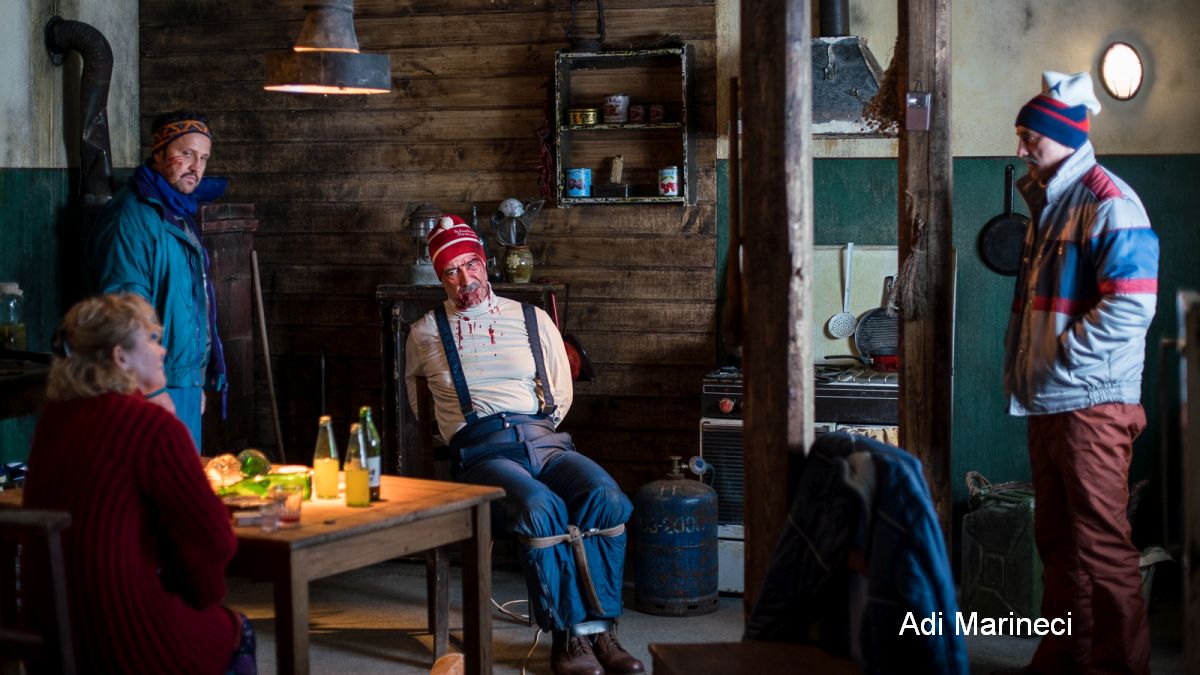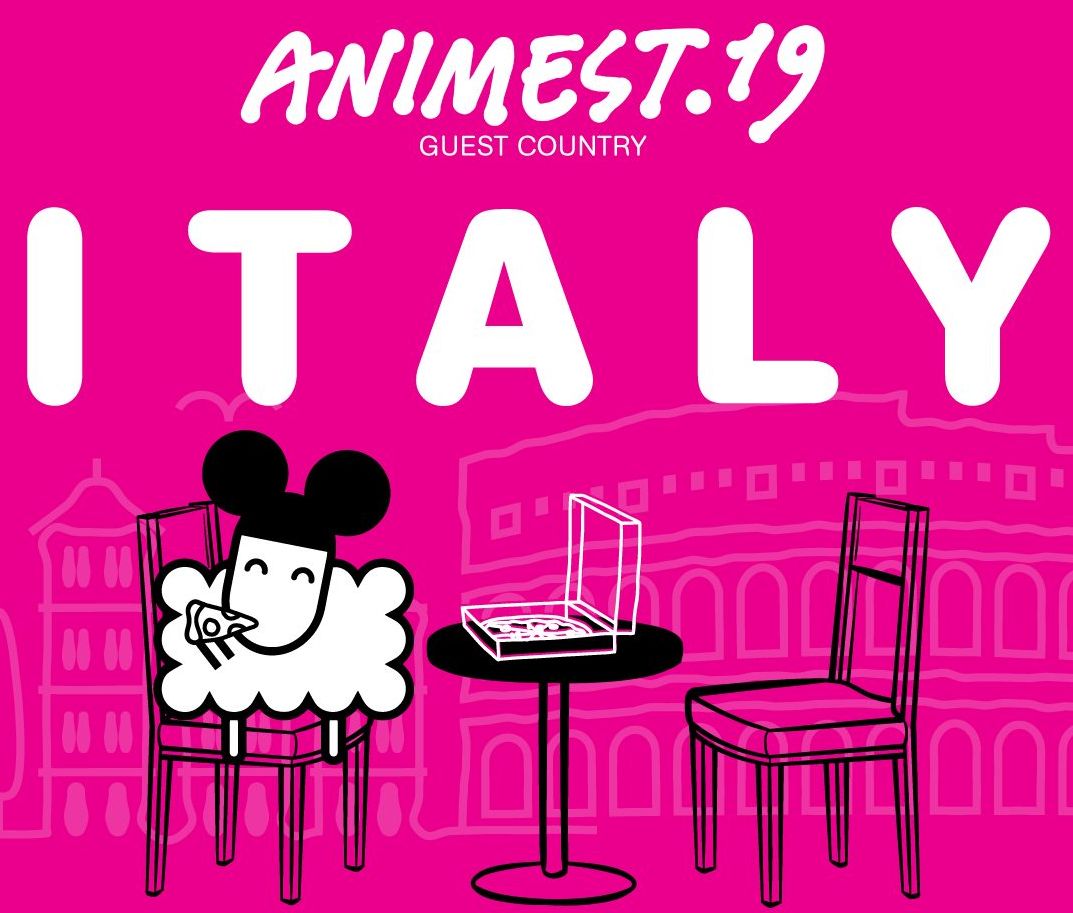The -escu Family Diary
'The -escu Family Diary' is the most recent documentary by Serban Georgescu
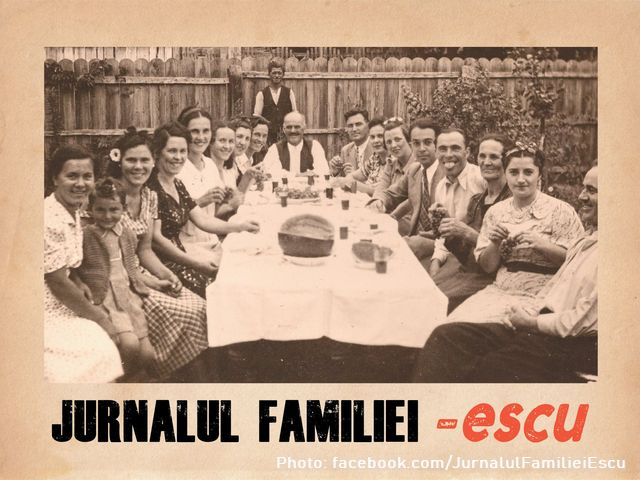
Corina Sabău, 12.09.2020, 13:49
The -escu Family Diary is the most recent documentary by Serban Georgescu, and is the story of millions of Romanians who, by force of circumstance, have come to live within these borders and had to put up with each other, just as things are in a great family. It is a journey in time and space, in which this family is the bridge between moments that have united us, but also moments that have pulled us apart along the years. The director seeks answers together with writer Ioana Parvulescu, theoretician and feminist militant Mihaela Miroiu, analyst and expert in public policy Sorin Ionita, writer and analyst Stelian Tanase, publicist and diplomat Theodor Paleology, and sociologist Vintila Mihailescu. He also has the help of the personal archives of dozens and dozens of people. So far it was officially selected for a number of national film festivals, such as the Transylvania International Film Festival TIFF, the European Film Festival, the Rasnov film festival, and Arkadia Shortfest. The documentary has been enthusiastically reviewed by critics, being called the best cultural product made for the Centennial. Here is the director himself, Serban Georgescu:
“When I got the proposal to make a documentary about the Centennial, I was very hesitant. I was thinking that there is no point in making yet another movie saying what happened from an academic and historical point of view. Such films are welcome, of course. Thinking how to approach the topic, I finally thought that I would tell the story of a family. I gave it the generic name -escu, and the film tells the story of this family which traverses a century of Romanian history. That was in order to be spared accusations that I skipped certain events, and the subjective tone helped me insinuate my way through a century full of events, and to stay within the confines of an hour and a half of film, in which it is very difficult to squeeze a century without forgetting some more or less important events.”
Through the stories told by great-grandparents, grandparents, aunts, uncles, cousins and brothers-in-law, The -escu Family Diary is a review of events great and small that have affected everyone since the Great Union. Each of us becomes a small witness of great events in these last hundred years. Here is Serban Georgescu once again:
“I will try to explain how I used the idea of family, to make it clearer for the listeners. I structured the film into small chapters. I covered language, I explored the borders, I got to fashion, music, occupations, I reviewed the things that this generic family went through, aspects that are outside of the grand historic definition of what happened to a nation, I am emphasizing the things that unite us in day to day life. Because we are united by the music we listen to, what we eat, or the opposite — the way we were starving during communism, the way in which we relate to sports, for instance. That is why I used the story of my family, recalling small events with my grandfather, uncle, aunt, cousin, in order to elevate the story of my family to the level of the grand overarching story, trying to see if it reflects the bigger story.”
In the Metropolis newspaper, Ionut Mars writes:
In the documentary The -escu Family Diary, director Serban Georgescu discusses in a playful, ironic tone what it means to be Romanian 100 years since the appearance of modern Romania, a period in which the country went through many shocks and transformations. In a landscape of Romanian non-fiction that is very serious and drab, with observational sequences that emphasize painful social topics, director Serban Georgescu has a different approach, under which he bets on a playful irony and bittersweet humor. It is a film in which a personal story melts into a general perspective.”
Here is Serban Georgescu once again:
“I sought answers helped by the personalities that appear in the movie, by my guests, in the idea of discovering if this grand family had a common destiny, we all had a place in this space, and if events in the last century have united us or divided us. And this idea, of using my family, resonated with the audience. Because I recalled various members of my family, and because I used a personal archive, people identified very easily with what they saw. We all have childhood pictures with grandparents, for instance, and I think it was a great idea, because people easily identified. It was a technique to help people get drawn into the story, and I used lots of humor to attract young people. Because I realized, making earlier movies, that humor is very useful in order to gain them over and help them get into the story.”

